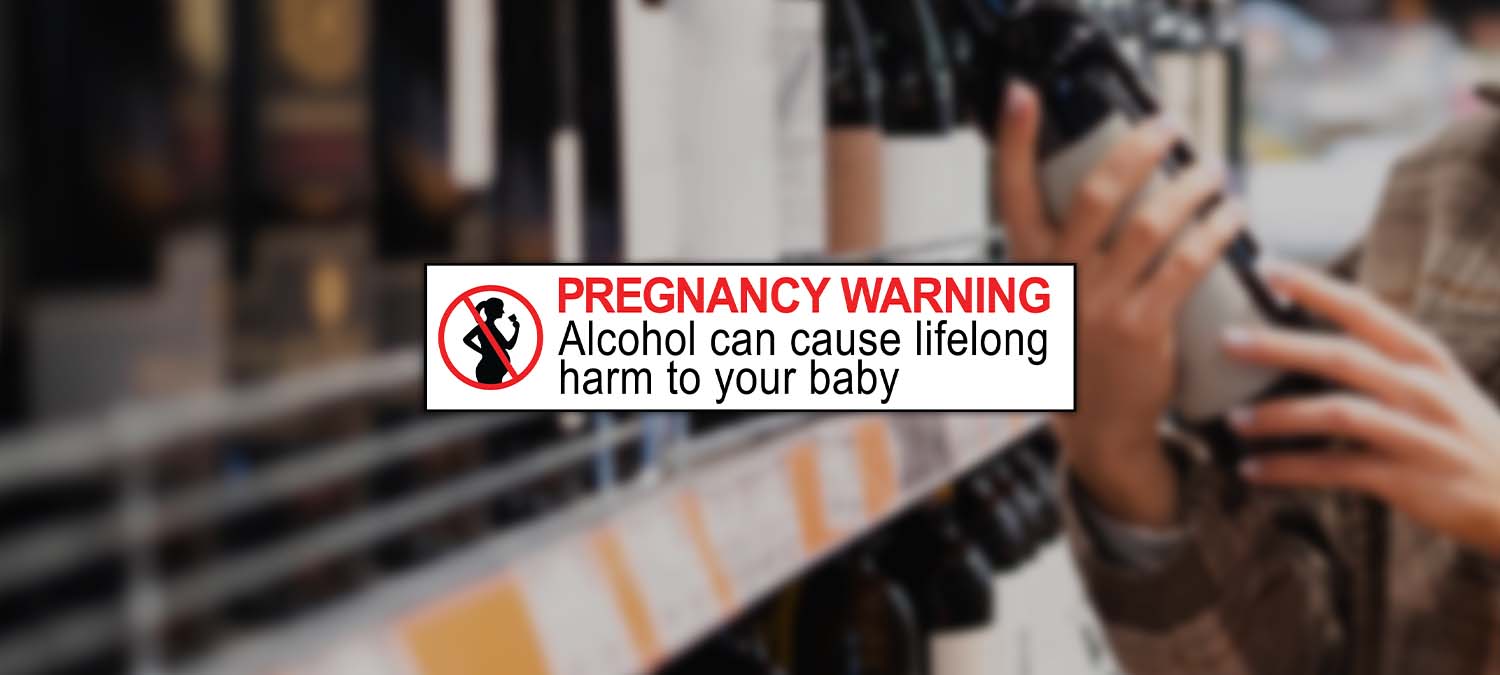The new mandatory visible pregnancy health warnings on alcoholic products are being noticed by Australians, a report published today shows, with younger adults most likely to notice the distinctive new red, white and black warnings.
The report by the Foundation for Alcohol Research and Education (FARE) is based on a nationally representative poll by Pure Profile, which found that a majority of Australians (56.4%) had seen the health warning, which becomes mandatory on all alcoholic products next Monday, 31 July 2023.
Significantly, young people aged 18-25 years (79.1%) and 26-41 years (72.9%) were more likely to report seeing the warning.
FARE CEO Caterina Giorgi said it was great to see the label having an impact and that increased awareness would help to improve health outcomes for our community.
“The most important thing is the health and wellbeing of our children and families. This early data shows that clear, visible and mandatory health warnings can make a difference,” Ms Giorgi said.
Before the decision to make the pregnancy health warning mandatory, some alcohol companies had adopted a barely visible, voluntary label that was inconsistently applied and had poor recall, with a poll carried out in January 2020 showing that fewer than a third of Australians (31%) had noticed it.
“Alcohol companies have not legally been required to have visible mandatory pregnancy health warnings until now,” Ms Giorgi said.
“The increase in people who are noticing the label shows how important it is that government sets the standard for clear, visible health warnings.”
She said awareness could be improved further by ensuring that health warnings are applied to all products as required by 31 July this year and that they are also mandatory in digital environments.
“We now need to make sure that these warnings are applied to all products and with alcohol companies pushing more and more alcoholic products online, it is important that these warnings are also visible in online stores,” Ms Giorgi said.
“At the moment, the health warning is not always shown in the digital environment. This needs to be changed immediately, if we are going to continue to see positive outcomes.”
Angelene Bruce, whose 14-year-old son has FASD, said she was pleased to see the pregnancy health warnings being rolled out in Australia.
“These red, white and black pregnancy warning labels are designed to inform people of the very real risks that alcohol poses to developing babies,” Ms Bruce said.
“They provide clear and consistent messaging that no amount of alcohol is safe during pregnancy and are a significant and pleasing step towards FASD prevention.”
NOFASD CEO Louise Gray said it was encouraging to see that people are noticing the pregnancy health warnings now that they are becoming mandatory.
“It is a welcome development that clear health warnings about the risks of alcohol use in pregnancy are now required to be placed by alcohol companies on all products,” Ms Gray said.
“Fetal Alcohol Spectrum Disorder (FASD) is the leading preventable developmental condition in Australia and is caused only by alcohol. Increasing awareness of the risk of alcohol consumption in pregnancy will help to reduce the incidence of this lifelong disability.”
Ministers responsible for food labelling across Australia and New Zealand approved the mandatory health warning recommended by Food Standards Australia and New Zealand (FSANZ) on 17 July 2020.
The new report, Poll Snapshot: Pregnancy health warnings on alcoholic products is available here.







